On July 4, Nguoi Lao Dong Newspaper organized a talk show with the theme: "University quality assessment: Substance or form?" with the participation of experts,education managers and representatives of higher education institutions.
Inspection is linked to autonomy - but needs to be understood correctly
Experts have openly discussed many issues related to university autonomy associated with educational quality assessment. According to Dr. Nguyen Duc Nghia, Member of the Education Quality Assessment Council - Ho Chi Minh City National University Quality Assessment Center, compulsory educational quality assessment is stipulated in the 2018 Law on Higher Education and related documents. For higher education institutions (generally called schools), when certified for accreditation, they will have autonomy in activities such as training, enrollment, finance, human resources, etc. In the recent short time, the autonomy of schools has been implemented such as schools electing principals, and the governing authority only recognizes it.
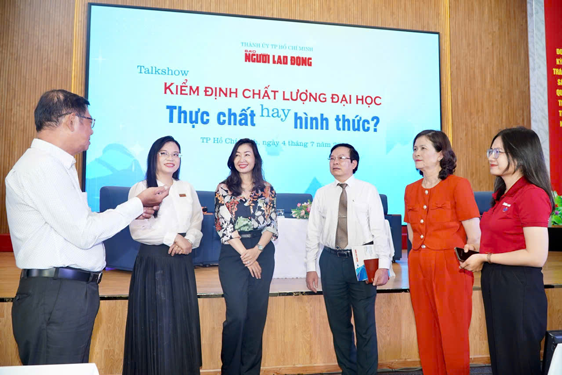
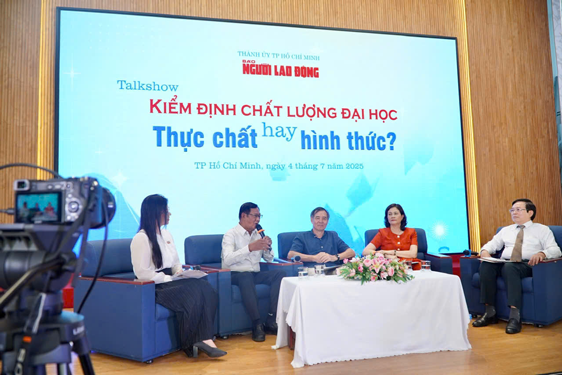
Experts discuss at the program. Photo: DUY PHU
Dr. Le Truong Tung, Chairman of the Board of FPT University, said that the 2018 Law on Higher Education has two very important issues: autonomy and quality. To promote a culture of quality in universities, the state's policy is to link these two issues together, meaning that schools will be able to exercise autonomy when ensuring issues related to quality. Thanks to that regulation, in the past 5-7 years, most schools have followed the quality roadmap.
Dr. Nguyen Thi Thu Ha - Principal of Binh Duong University, Vice President of the Vietnam University Education Quality Assurance Network Club - said that in the US, accreditation is not mandatory.
But for schools, they want to carry out teaching activities in the most effective way, for example, building projects to develop facilities or borrowing capital from banks to invest in teaching activities, they have to assess whether the educational institution meets the quality standards or not; whether students graduated from accredited schools or not...
So, like it or not, even though the state does not make it mandatory, they still have to voluntarily conduct the inspection.
Save to reduce the burden of expenses
Sharing about the cost of training program accreditation, MSc. Dam Duc Tuyen, Department of Examination and Education Quality Management, University of Finance - Marketing, said that if the training program is accredited according to the standards of the Ministry of Education and Training, the cost is from 460 million to 570 million VND per program, of which the cost for external assessment and accreditation is about 300 million VND per training program.
The cost of accreditation according to foreign standards such as ACBSP is even higher. Regarding further information about accreditation costs, Dr. Nguyen Thi Thu Ha said that schools can choose domestic or foreign accreditation organizations for accreditation, but in general, the cost for foreign accreditation organizations will be higher due to translation fees, international travel fees, annual fees, etc.
Dr. Le Truong Tung believes that in the context of university autonomy being linked to accreditation, accreditation is necessary and beneficial for schools and students... The problem is how to save as much as possible, is it necessary for the external assessment team to use business class tickets, VIP hotel rooms when traveling...
As participants in the inspection team, the program's guests also share in depth about external assessment activities. Dr. Nguyen Thi Thu Ha added that during the inspection process, from standards 1-5, inspection experts who are well-versed in the field will be invited, and technicians must be PhDs in that inspection field. When the external inspection team comes to inspect the school, it must ensure independence, objectivity and transparency. "Currently, the Ministry of Education and Training has an information system of tutors, when inspecting, we will review the data of the Ministry of Education and Training," Dr. Ha affirmed.
Dr. Nguyen Duc Nghia said that about 1 month before the assessment, the external assessment team read all the self-assessment documents provided by the school. After that, the actual official survey process lasted from 4-5 days. A very important detail is that before the school invites the assessment center to assess, the assessment report must be assessed first; if the report does not meet the requirements, it will be returned.
Is quality control real?
In response to information that current external assessments are mainly based on records and documents and do not pay attention to the actual assessment of the internal quality assurance system, MSc. Tuyen said that this assessment is not accurate because in addition to reading information and evidence of the school's self-assessment, the external assessment team also surveys the facilities, interviews school leaders, tutors, businesses, graduates, etc.
Dr. Nghia said that there is no longer a situation where this school or that school borrows tutors and equipment to serve the accreditation because the HEMIS system of the Ministry of Education and Training determines whether the tutor belongs to the school or not, so it becomes easier. "However, what the external evaluation team does not call cheating but calls variations and improvements to meet the accreditation criteria for lecturers and students is true. That is due to the school's lack of understanding, of course it can also be intentional, such as the accreditation of a master's degree program, the school counts all tutors of that faculty and even the whole school, while the requirement is only the teaching staff teaching directly that program" - Dr. Nghia stated the reality.
Dr. Nguyen Duc Nghia also said that if we only see the time the external evaluation team comes and works at the school, including the preliminary survey of only about 4 days, then we cannot fully assess the current situation of the training program or the educational institution. Because an inspection team sometimes needs to inspect/check for a whole month.
However, Dr. Nghia said that the current external assessment is still substantive because before the official survey, the external assessment team had a month to survey and study the self-assessment report.
External assessment is a necessary condition to ensure objectivity and transparency, but to achieve the accreditation results, it is thanks to an effective internal quality assurance system. The question is whether the internal quality assurance system can be recognized? Dr. Nguyen Thi Thu Ha believes that an effective internal quality assurance system is only one of the factors that determine the quality accreditation results of training institutions/training programs.
"To achieve quality assessment results, there needs to be objective assessment from employers, alumni, and experts in the fields that the educational institution is training in... Developed countries with leading educational institutions in the world are still maintaining quality assessment of both educational institutions and training programs" - Dr. Ha commented.
Finding the right testing model
At the program, experts also discussed the future accreditation model in Vietnam to ensure quality and save resources. Dr. Le Truong Tung said that in parallel with the common national accreditation standards, there should be an international accreditation program for university education. Especially for health care or highly internationalized sectors, there should be additional separate international standards. It is possible to accept accreditation results from international organizations as a Vietnamese standard. At that time, domestic accreditation organizations can participate in the certification process, creating a more transparent and stronger system than the current situation. Each university has its own strengths and quality orientation, so it is not advised to rigidly apply too many standards. Instead, there should be a common mandatory standard for all schools, while allowing schools to choose their own standards that are suitable for their characteristics and development strategies.
Source: https://nld.com.vn/thuc-day-van-hoa-kiem-dinh-chat-luong-dh-196250704215040982.htm




![[Photo] Prime Minister Pham Minh Chinh receives leaders of several leading Brazilian corporations](https://vphoto.vietnam.vn/thumb/1200x675/vietnam/resource/IMAGE/2025/7/6/3622160b379746e6bca82f804ea35e47)
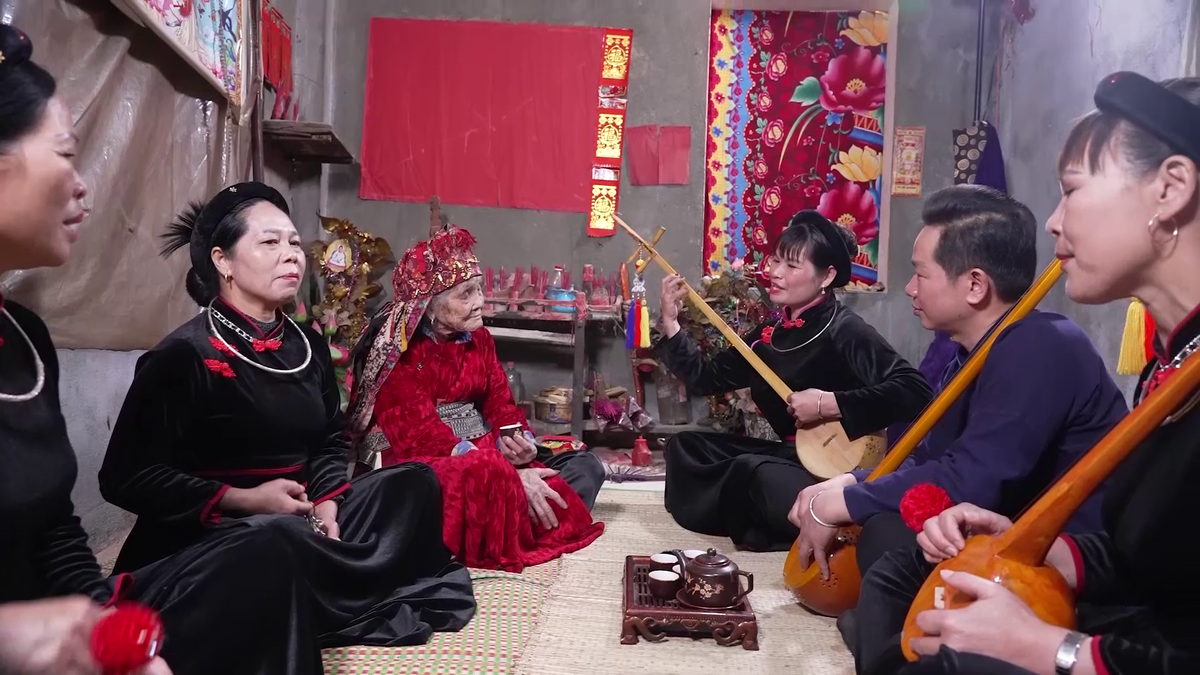


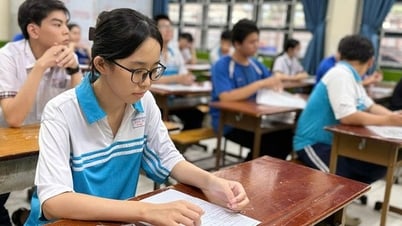
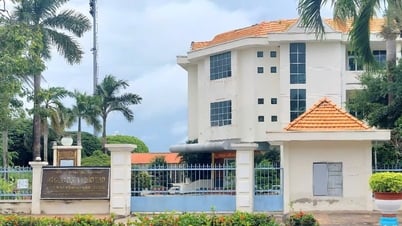

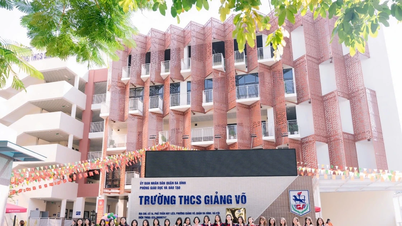

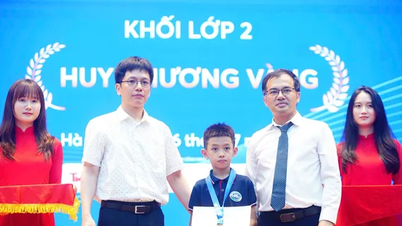

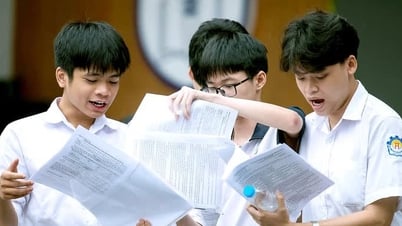

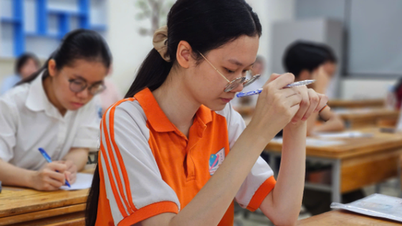












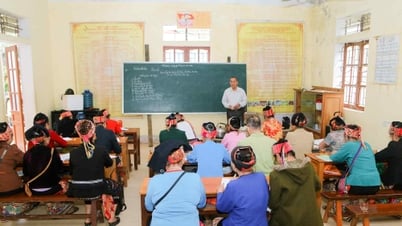

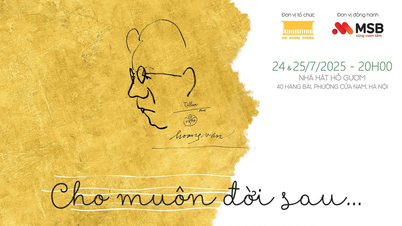



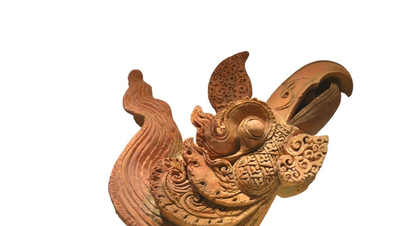

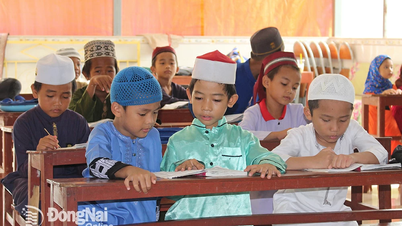









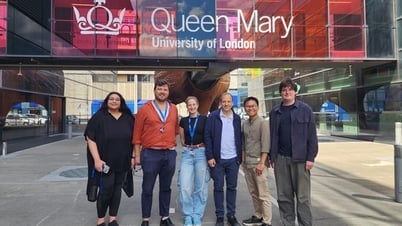
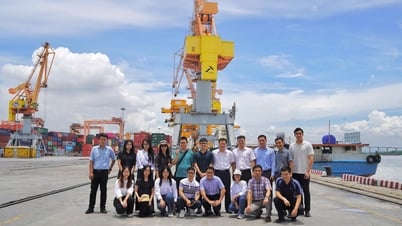

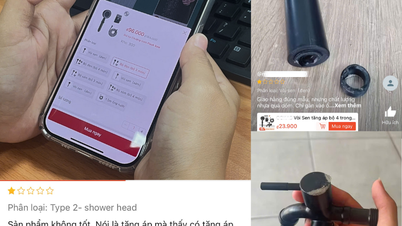

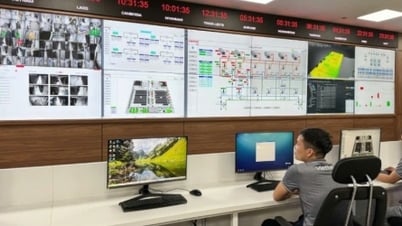



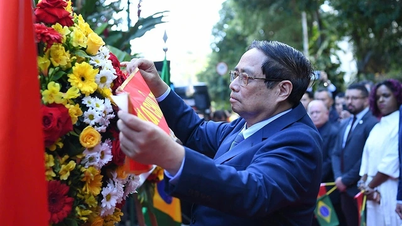




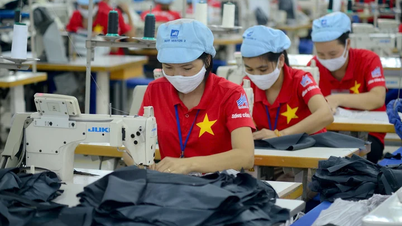


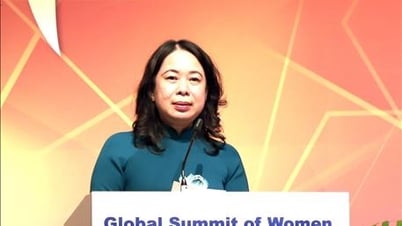



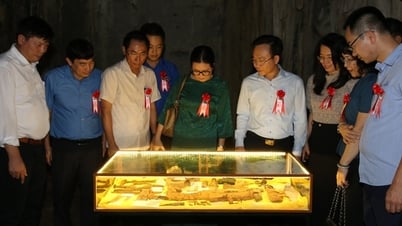












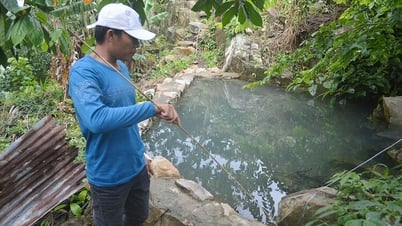




![[OCOP REVIEW] Bay Quyen sticky rice cake: A hometown specialty that has reached new heights thanks to its brand reputation](https://vphoto.vietnam.vn/thumb/402x226/vietnam/resource/IMAGE/2025/7/3/1a7e35c028bf46199ee1ec6b3ba0069e)






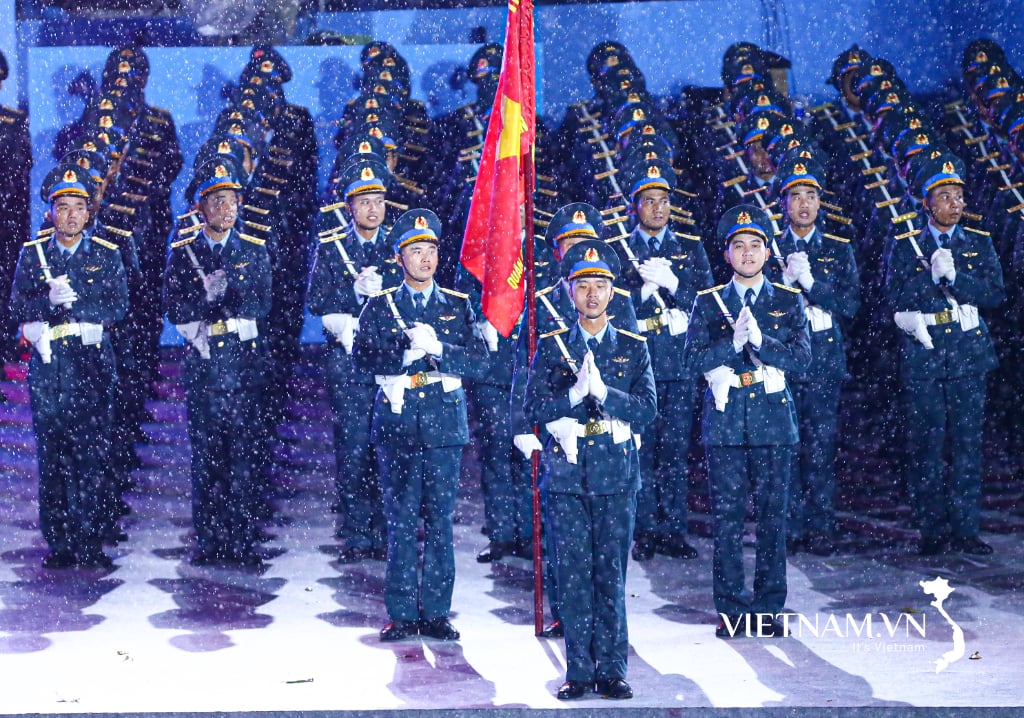


Comment (0)